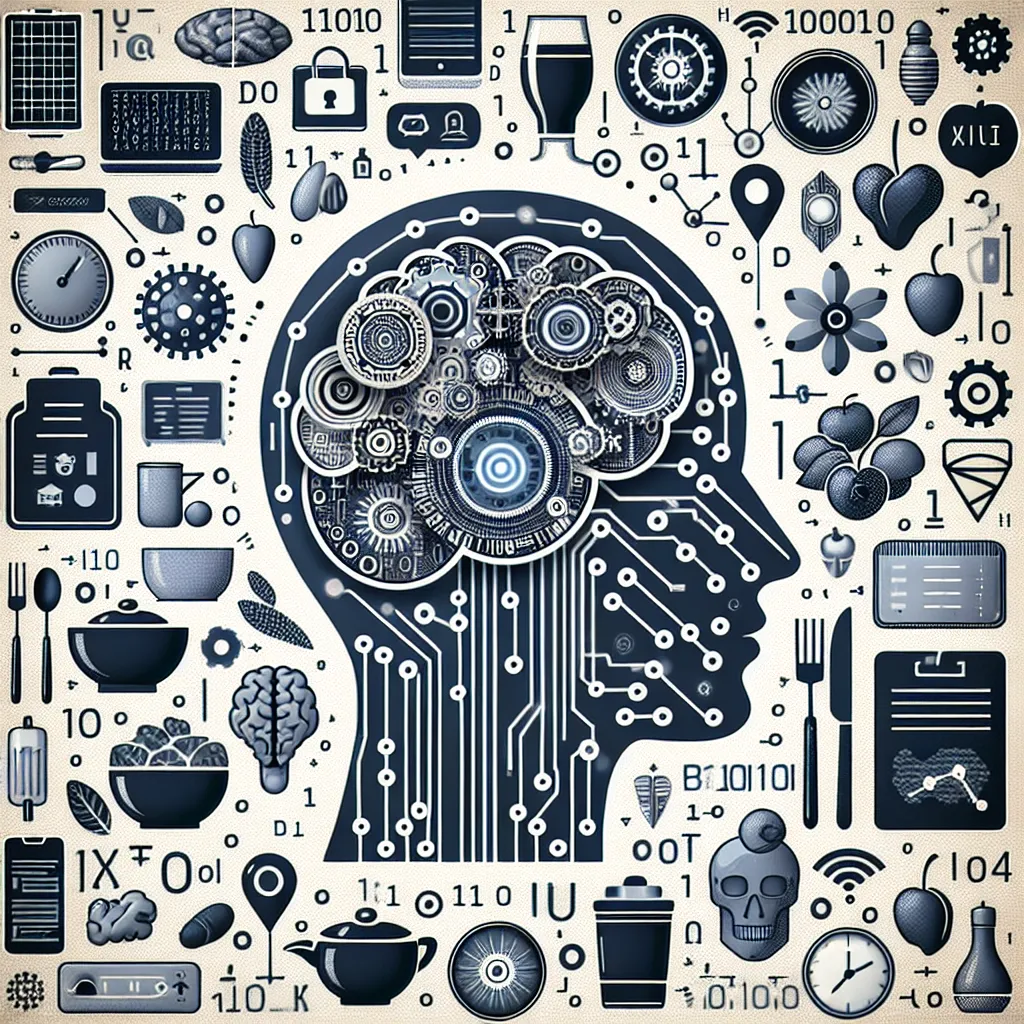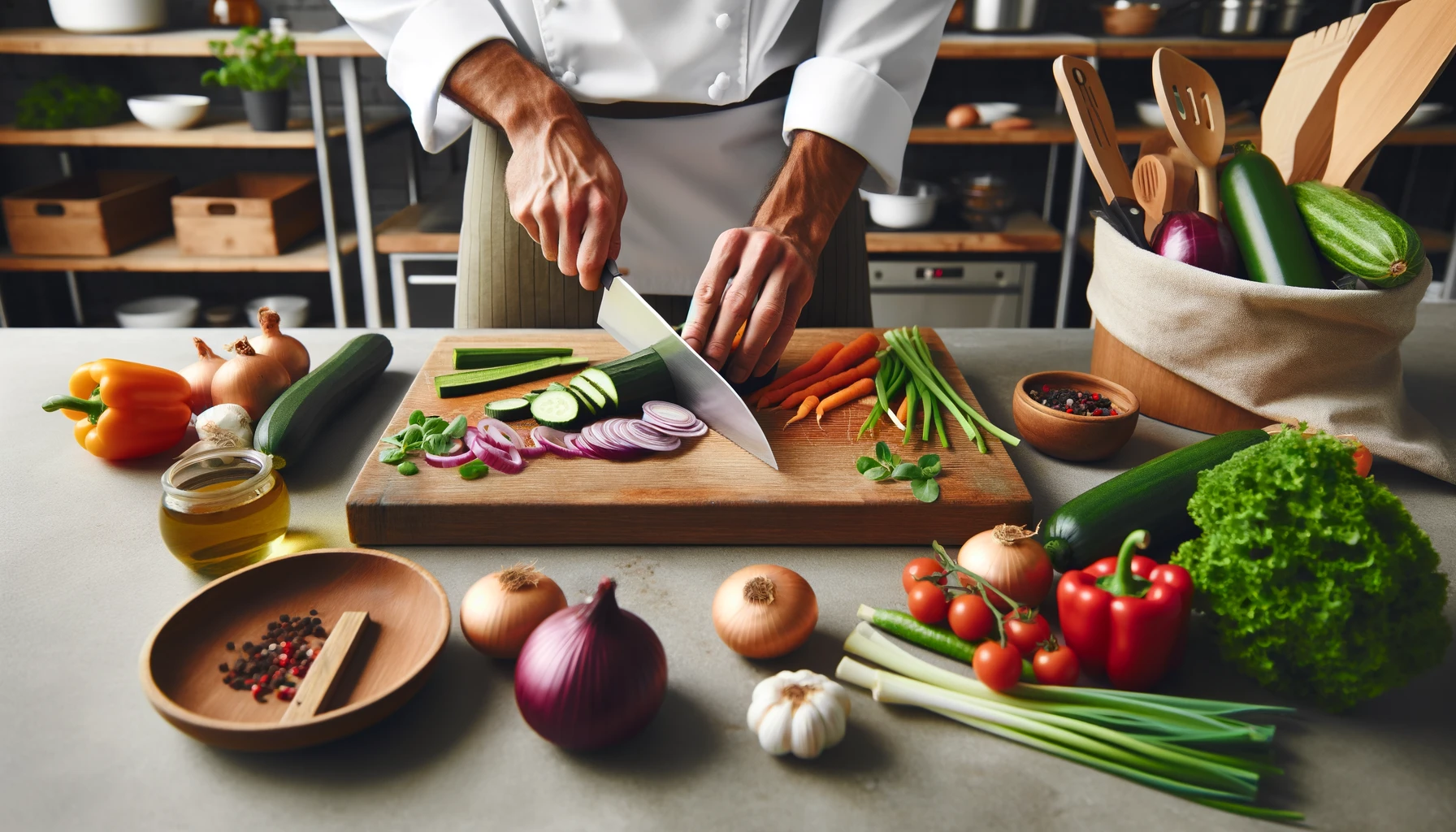Imagine coming home after a long day and having dinner plans already sorted, recipes tailored to your preferences, and a grocery list ready to go—all with minimal effort. AI-powered meal planning apps are making this scenario a reality for millions of households. By harnessing the power of artificial intelligence, these innovative digital tools are streamlining meal planning, reducing food waste, and helping users eat healthier, all while saving time and money. In this article, we’ll explore how AI is revolutionizing home cooking and how you can leverage these apps to transform your kitchen routine.
Understanding AI-Powered Meal Planning Apps
At their core, AI-powered meal planning apps use sophisticated algorithms and machine learning to generate personalized meal recommendations. Unlike traditional meal planners, these intelligent tools analyze your dietary preferences, nutritional goals, pantry inventory, and even your schedule to create customized meal plans.
How Do AI Meal Planning Apps Work?
Artificial intelligence in meal planning apps typically operates by aggregating and analyzing vast datasets—ranging from recipe databases to user behavior patterns. Here’s how the typical process unfolds:
- User Input: You provide information such as dietary restrictions, allergies, preferred cuisines, and available ingredients.
- Data Analysis: The AI engine processes this data, often cross-referencing it with nutrition databases and recipe collections.
- Personalized Recommendations: Based on your profile, the app suggests meal plans, recipes, and even smart shopping lists.
- Continuous Learning: The more you use the app, the smarter it gets—adapting to your tastes and feedback over time.
Key Features of AI Meal Planning Apps
Today’s leading AI-powered meal planners come packed with features designed to make home cooking both convenient and enjoyable. Some standout functionalities include:
- Automated Recipe Suggestions: Curated selections based on your dietary needs, preferences, and available ingredients.
- Nutritional Analysis: Real-time breakdowns of calories, macronutrients, and vitamins in each meal.
- Smart Grocery Lists: Automatically generated shopping lists optimized for your meal plan and pantry inventory.
- Integration with Smart Devices: Seamless connection to smart fridges, voice assistants, and fitness trackers.
- Meal Prep Scheduling: Customized plans that fit your calendar and cooking time constraints.
Example: What Sets AI Apart?
"AI-powered apps don’t just suggest what to eat—they learn what you love, anticipate your needs, and make cooking easier than ever before."
Benefits of Using AI-Powered Meal Planning Apps
The adoption of AI in meal planning is transforming kitchens worldwide. Here are some of the most compelling benefits:
- Personalized Nutrition: Enjoy meals tailored to your health goals, whether you’re looking to lose weight, build muscle, or manage allergies.
- Time Savings: Eliminate the daily stress of meal decisions and streamline grocery shopping with automated lists.
- Reduced Food Waste: Use what you have on hand and buy only what you need, minimizing spoilage and saving money.
- Diverse Menus: Discover new recipes and cuisines, preventing meal monotony and expanding your culinary horizons.
- Adaptability: Apps adapt to changing schedules, tastes, and dietary needs on the fly.
Tip: Many AI meal planning apps let you sync your meal plan with your calendar and even order groceries online with a single tap!
Top AI-Powered Meal Planning Apps in 2024
With dozens of apps available, choosing the right one can feel overwhelming. Here are some of the top-rated AI meal planning apps making waves in 2024:
- Whisk
Features: Personalized meal plans, pantry tracking, and smart shopping lists. Integrates with voice assistants and smart fridges. - Eat This Much
Features: Automated weekly meal planning, calorie tracking, and customizable nutrition goals. - PlateJoy
Features: In-depth dietary customization, allergy filtering, and batch-cooking support. - Yummly
Features: Taste profile learning, ingredient-based recipe search, and integration with Instacart for grocery delivery. - Mealime
Features: Fast meal planning, easy-to-follow recipes, and a focus on quick, healthy meals.
Tip: When choosing an AI meal planning app, look for one that matches your dietary preferences, integrates with your favorite devices, and has a user-friendly interface.
Practical Steps for Getting Started with AI Meal Planning
Ready to embrace smart meal planning? Follow these steps to make the most of AI-powered apps:
- Define Your Goals: Are you aiming to eat healthier, save time, or try new cuisines? Knowing your objectives will help you choose the right app.
- Input Accurate Information: Be honest about your dietary restrictions, allergies, and food dislikes for better recommendations.
- Explore Features: Take time to familiarize yourself with the app’s dashboard, recipe suggestions, and shopping list tools.
- Provide Feedback: Rate meals and share your thoughts. Most apps use your feedback to refine future suggestions.
- Sync with Devices: Integrate the app with your calendar, smart fridge, or voice assistant for a seamless experience.
- Stay Consistent: The more you use the app, the better it will learn and adapt to your unique tastes and routines.
Tip: Don’t be afraid to experiment! Try new recipes and cuisines suggested by the AI—you might discover a new family favorite.
Frequently Asked Questions About AI Meal Planning Apps
Are AI-powered meal planning apps safe to use?
Yes, most reputable apps follow strict security protocols to protect your data. Always check the app’s privacy policy and ensure it doesn’t share your information without consent.
Can AI meal planning apps accommodate special diets?
Absolutely. Whether you follow a vegan, keto, paleo, or gluten-free diet, AI meal planners can filter recipes and generate plans that meet your specific needs.
How do these apps help reduce food waste?
By analyzing your pantry inventory and planning meals around what you already have, AI apps help you use up ingredients before they expire—significantly cutting down on waste.
Do I need smart kitchen devices to use these apps?
Not at all! While smart device integration adds convenience, all you need is a smartphone or tablet to start planning meals with AI-powered apps.
How accurate are the nutritional analyses?
Most apps pull data from trusted nutrition databases. While estimates are generally accurate, always consult a healthcare professional for personalized dietary advice.
Conclusion: The Future of Home Cooking Is Smart and Personalized
AI-powered meal planning apps are transforming the way we cook, shop, and eat at home. By leveraging artificial intelligence, these apps offer convenience, personalization, and healthier eating—all while reducing food waste and saving time. As technology continues to advance, the line between kitchen and computer will continue to blur, making home cooking more accessible and enjoyable than ever.
Whether you’re a busy professional, a health-conscious parent, or an adventurous foodie, there’s never been a better time to let AI guide your culinary journey. Why not let your next delicious meal start with a tap?

